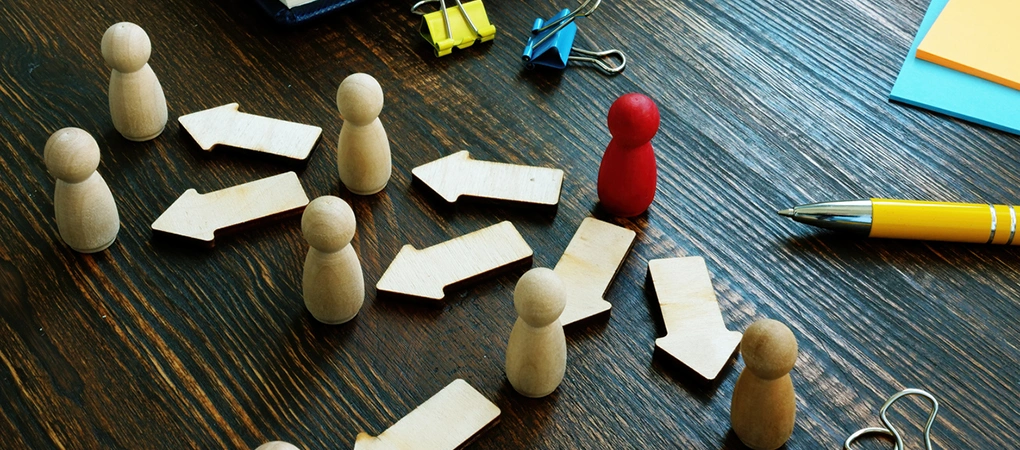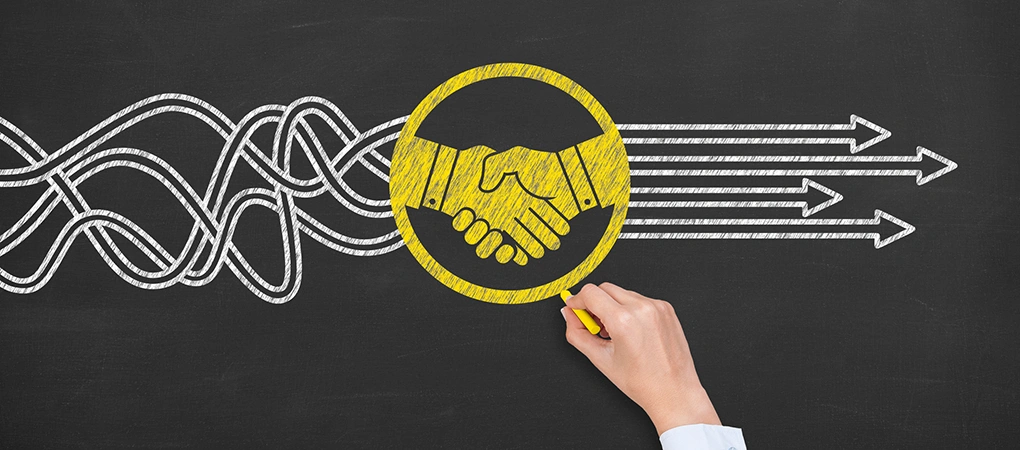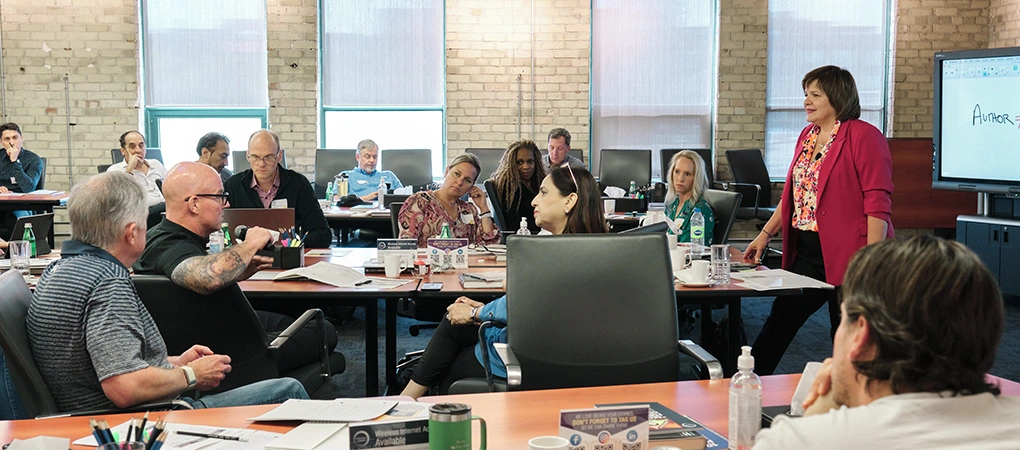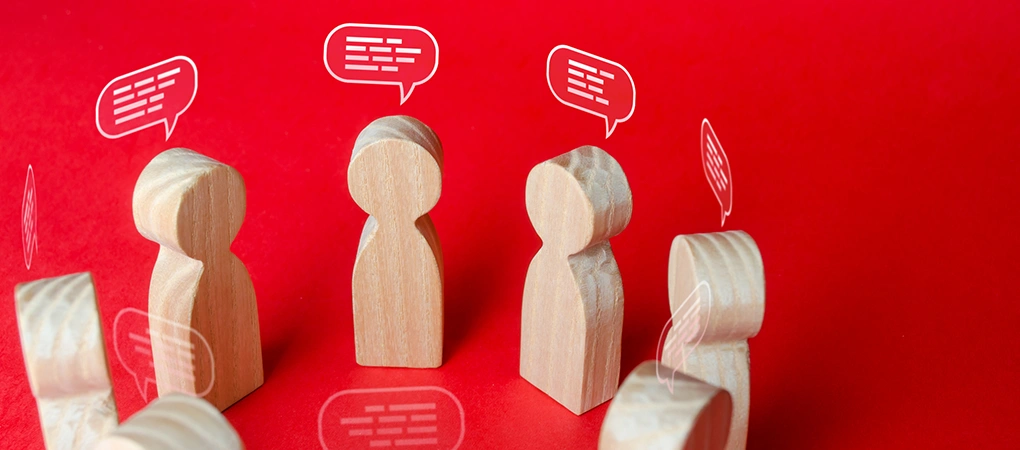The Difference Between Self-Confidence And Self-Esteem
Dan Sullivan
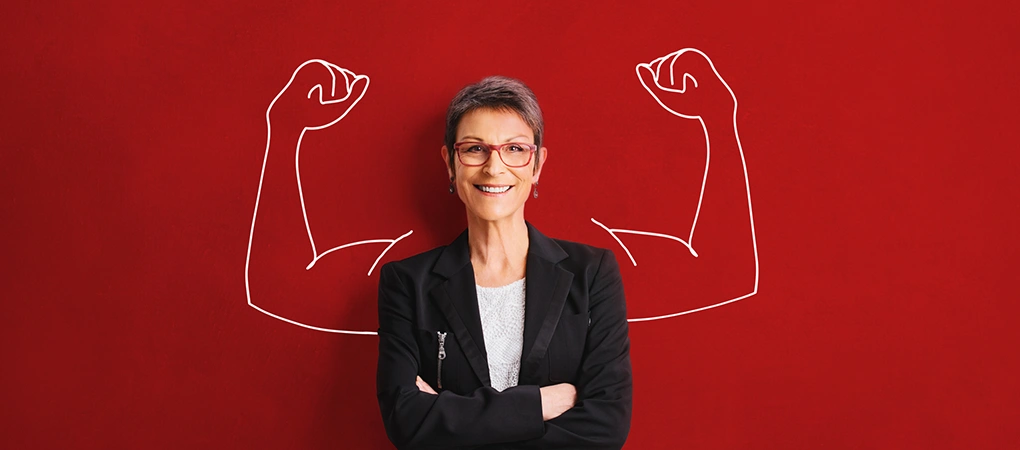
The difference between self-confidence and self-esteem is an important one. See, self-esteem is a wish, whereas self-confidence is a fact. Self-esteem is made up without outside proof, and self-confidence is a function of measuring your progress based on the improvement of skills, knowledge, and success.
Who you are and what you represent are things you can make up. That’s why programs for boosting self-esteem are valuable for changing the way you see yourself. But self-esteem has nothing to do with making decisions, taking action, getting results, or being useful. Instead, a critical difference between self-esteem and self-confidence is the difference between seeing something a certain way and doing something to make it so.
I believe that if you are someone who takes responsibility for yourself and for improving your life, and you set and achieve tangible, measurable goals, the progress you make will allow self-confidence to come naturally. And you don’t have to tell a story about how great you are because your progress shows it. So when you gain self-confidence through success metrics, you don’t have to make up a story about yourself or who you are. It’s obvious.
Self-esteem is built through an internal conversation, while self-confidence is generated by what’s done.
The problem with confusing the difference between self-confidence and self-esteem.
When you get down to it, the difference between self-confidence and self-esteem is measurement and comparison. Self-confident people have measurements, whereas people with self-esteem issues have comparisons, which is where their problems begin. Their constant comparison is from the outside, which means they measure themselves and how they feel against how they observe the performance of others. And that type of measurement will always make you feel inferior.
Instead, have a daily measurement process where you measure against yourself and your own progress, so you’re not comparing yourself to anything or anyone else. It’s straightforward. You know the most about yourself and can measure the difference between the person you were today and the person you were yesterday or last year. For self-esteem, you can tell yourself whatever you need to so you can deal with each day’s experience of comparison with people you feel inferior to. Self-confidence comes from facts. That’s the difference.
On progress and self-confidence.
Acknowledging your progress simply means recognizing the significance of something you did well, whether it was building a skill, using knowledge, discovering something, or mastering something. It can be big or small and is easy to find if you’re looking for it—even if it’s just within a day. You can measure improvement and tangible progress by determining what would be considered a “win.”
You don’t need to look outside of yourself or compare yourself to anyone else for any of this.
In today’s age of “likes” and “follows,” people are devoid of self-confidence because their measurements are external and based on others. Insecurity can develop from this because they’ve never developed an independent basis for measuring personal progress.
How to build self-confidence and escape the comparison trap.
You can work on building self-confidence individually or as a part of a predictable community, such as your family. For example, you could lead a self-confidence exercise over dinner with the kids that covers their personal, social, and academic life and share your progress too. You can teach the difference between self-confidence and self-esteem and why it matters.
I think it’s important for children to understand how their parents measure their own progress, personally and professionally, because they’ll learn how adults think about things. In addition, they’ll see that people much older than them are still growing and making progress too.
Of course, this is something you can do alone, with an accountability partner, or even with a spouse. Soon, because you’re self-confident and focusing on your own progress, complainers will sense that you’re not a good person to complain to. There will be a clear difference in how you show up in the world.
People who have self-confidence don’t have to fake it, and it can make people with low self-esteem uncomfortable. With self-confidence, you’re focused on creating and making progress, not just comparing differences and complaining when you inevitably fall short.
The difference between self-confidence and self-esteem is the choice to create or complain, a choice in how you respond and operate in the world. At Strategic Coach, we know what it takes for entrepreneurs to make the progress necessary to build lasting self-confidence. Our Positive Focus exercise is a powerful first step to do so. Check it out here.


